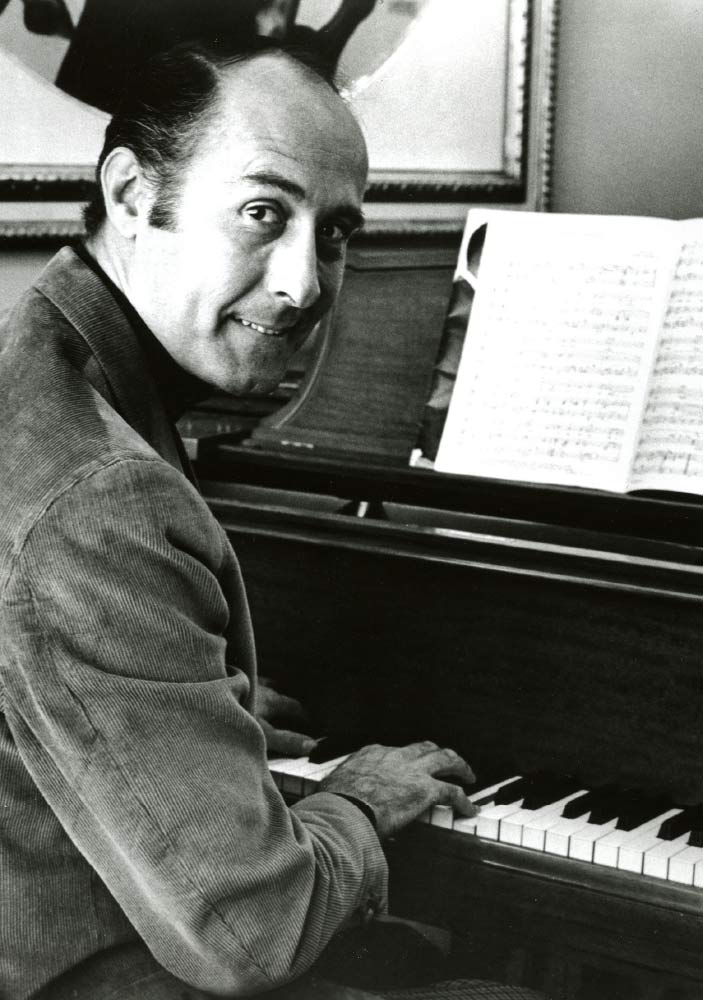A Word From Henry
The preceding letter is typical of several hundred that I have received during the past few years. In fact, it is a typical letter I would have written myself at the age of 17. The letters are not only from playing musicians but from young composers, arrangers, and singers.
The one basic problem with young people entering show business is that they are in a hurry. It takes many years to realize that success is the result of equal parts craftsmanship and experience. Both take time.
To acquire expert craftsmanship, the necessity of good teachers and good schools is obvious. Our colleges and universities abound in good teaching. Some more than others in certain fields. The problem is to find the one that will serve your own needs. By probing a little and asking many questions, you can find out for yourself if a particular school can meet your needs.
An instrumentalist has different needs than someone who wants to become a professional arranger or composer. The instrumentalist needs a teacher of his particular instrument that can guide the way. The arranger not only needs a teacher, but he also needs a good orchestra to play the things he writes. A school that does not have a playing group is of no value to him. Pick your school to fit your needs. It may not be a glamorous one with a winning football team, but it will set you on the right path in your chosen field and afford a reasonable chance of security in later life.
What to do after college graduation is the next problem. The security of the past four years is suddenly cast aside and the student is now face-to-face with having to make a living. For a time, applying a newfound craft in local surroundings is satisfactory, but soon, the more gifted people become restless from lack of challenge and opportunity. At this time, I say “Go where the action is.” If you want to write for films and TV, you must go to Hollywood. If you play an instrument, New York, Hollywood or Chicago will hold most chance of success.
A singer will find that most of the recording companies are in New York and Hollywood. Those with stage aspirations must make Broadway their goal. Leaving familiar surroundings and receptive ears is a big move, but it must be done. Here is one word of advice that I feel will help you through the difficult period of adjustment in a new place: meet as many people in your own field as is humanly possible. If you arrange or compose, get to know as many arrangers and composers as you can. The same applies for woodwind, brass, string, and percussion players. I am not suggesting that you become a nuisance, but I am suggesting that you leave no stone unturned. This is also a period when you can further your education on a more professional level. There are many fine teachers that also work in the film and TV studios that can give you a perspective on what is expected from a professional.
Success is not usually easy or fast. The luxury of becoming discouraged and quitting is always present on the way up. Always stop and say to yourself in times of stress, “I’m doing what I want to do most.” You will find that one simple sentence to be the greatest comfort you can have.

